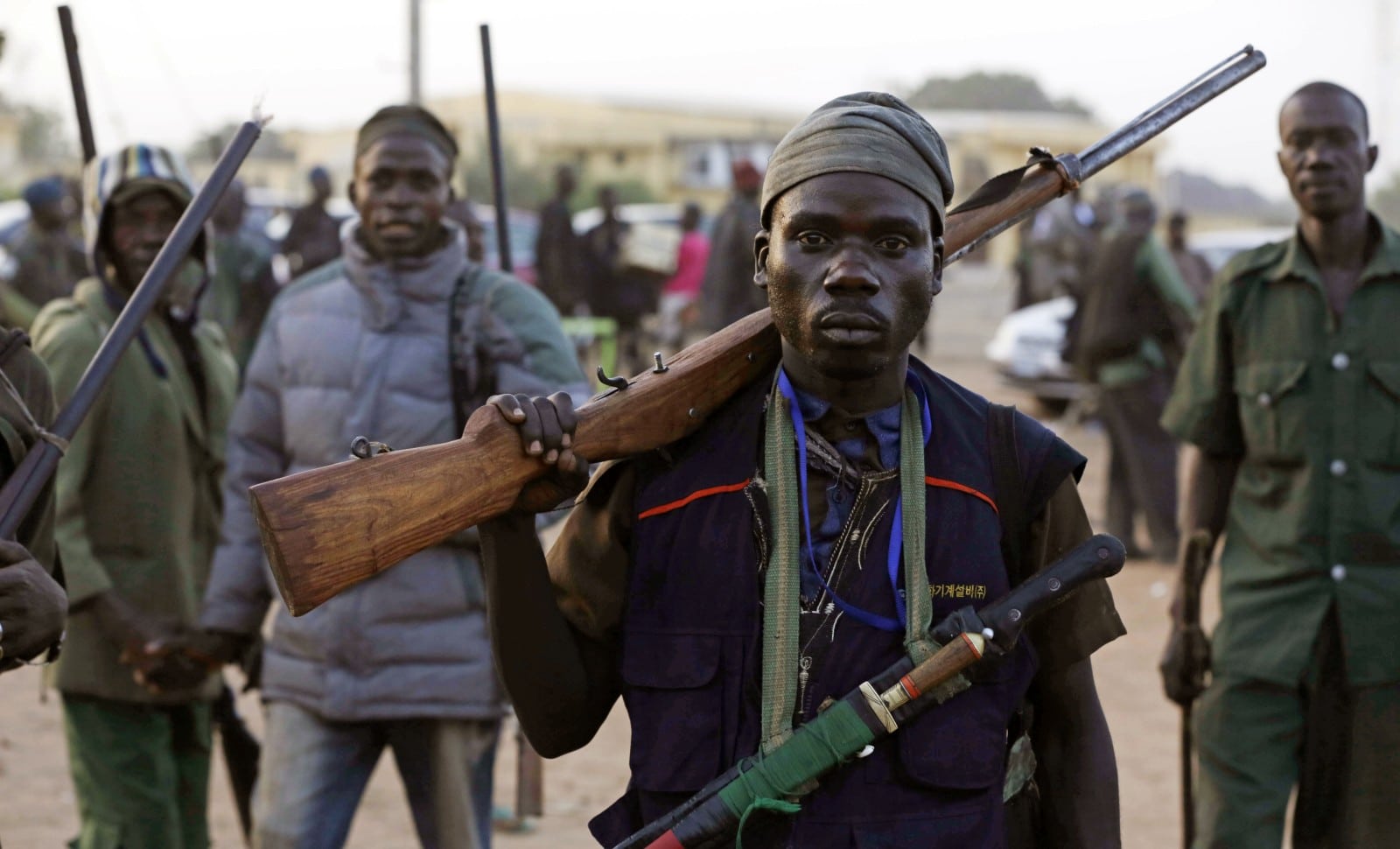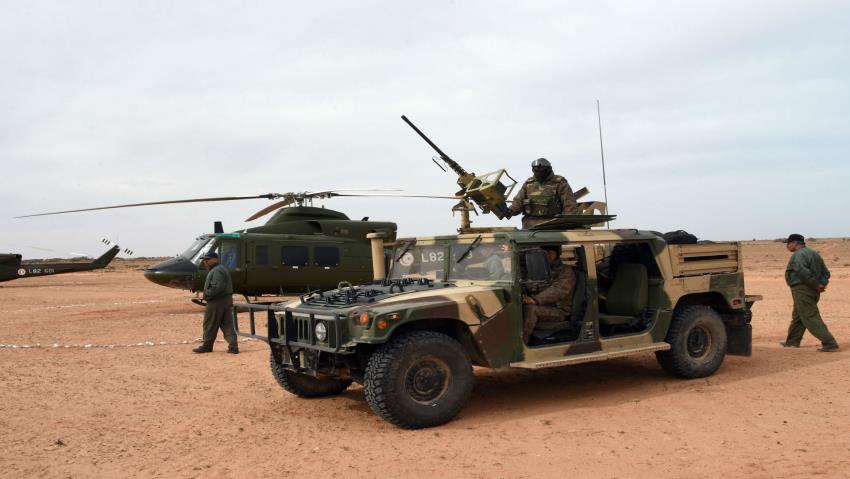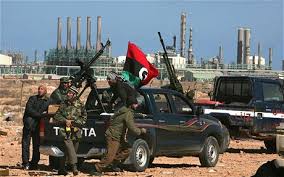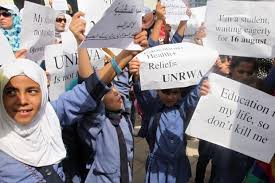As the Muslim holy month of Ramadan begins on Monday or Tuesday (11-12 March), depending on the sighting of the new moon, Muslims in parts of Africa are bracing themselves for more subdued celebrations amid soaring food prices and continuing violence in Sudan, Gaza and elsewhere in the continent.
UN Secretary-General Antonio Guterres and the head of the African Union Commission (AUC) Moussa Faki Mahamat have urged the warring parties in Sudan to agree to halt hostilities during the Ramadan. With more than 13,000 people having been killed and millions displaced, the AUC Chairperson called for the ceasefire that “could help facilitate the dispatch of humanitarian aid to civilian populations in dire need.” “It is time to silence the guns and raise the volume for peace,” Guterres said and appealed “to all actors involved in the conflict to honor a Ramadan cessation of hostilities.”
Meanwhile, Muslims across the continent have been urged to donate to Gaza charities, which, though not addressing the cause of Palestinian suffering, can at least help alleviate the dire need for food. With Israel’s brutal war on Gaza having entered its sixth month, the assault has killed more than 30,000 Palestinians, including 13,000 children. Aid delivery to the north of Gaza is being restricted, resulting in the starvation of many more. “People don’t feel like celebrating and enjoying the regular Ramadan traditions,” said one woman with a sadness in her voice, adding that “this year, they won’t go ahead because of what’s happening in Gaza.” Hopes that a 40-day ceasefire could take effect by the start of Ramadan have faded, although mediators will reportedly meet again on Sunday (10 March) to try to reach an agreement between both sides.
But celebrations of the holy fasting month of Ramadan could also be muted in parts of Africa, such as in Nigeria and Tunisia, with the worst economic crisis in a generation leaving many struggling to buy food. With food inflation at around 35% in Nigeria, Africa’s most populous country, many people complain that they are barely able to provide for their families. “Some people have already started fasting because they can’t afford to eat,” said one woman in the mosque in Lagos, the country’s economic capital. “People no longer have money to pay for small pleasures for Ramadan,” an incense-seller concurred. Also Tunisians are bracing themselves for more subdued celebrations as an economic crisis grips the North African country. Stuck in a period of stagflation, which means a decline in growth and a rise in inflation, as a result, many Tunisians will likely scale back traditional Ramadan celebrations — from the food they consume to the gifts they buy.



